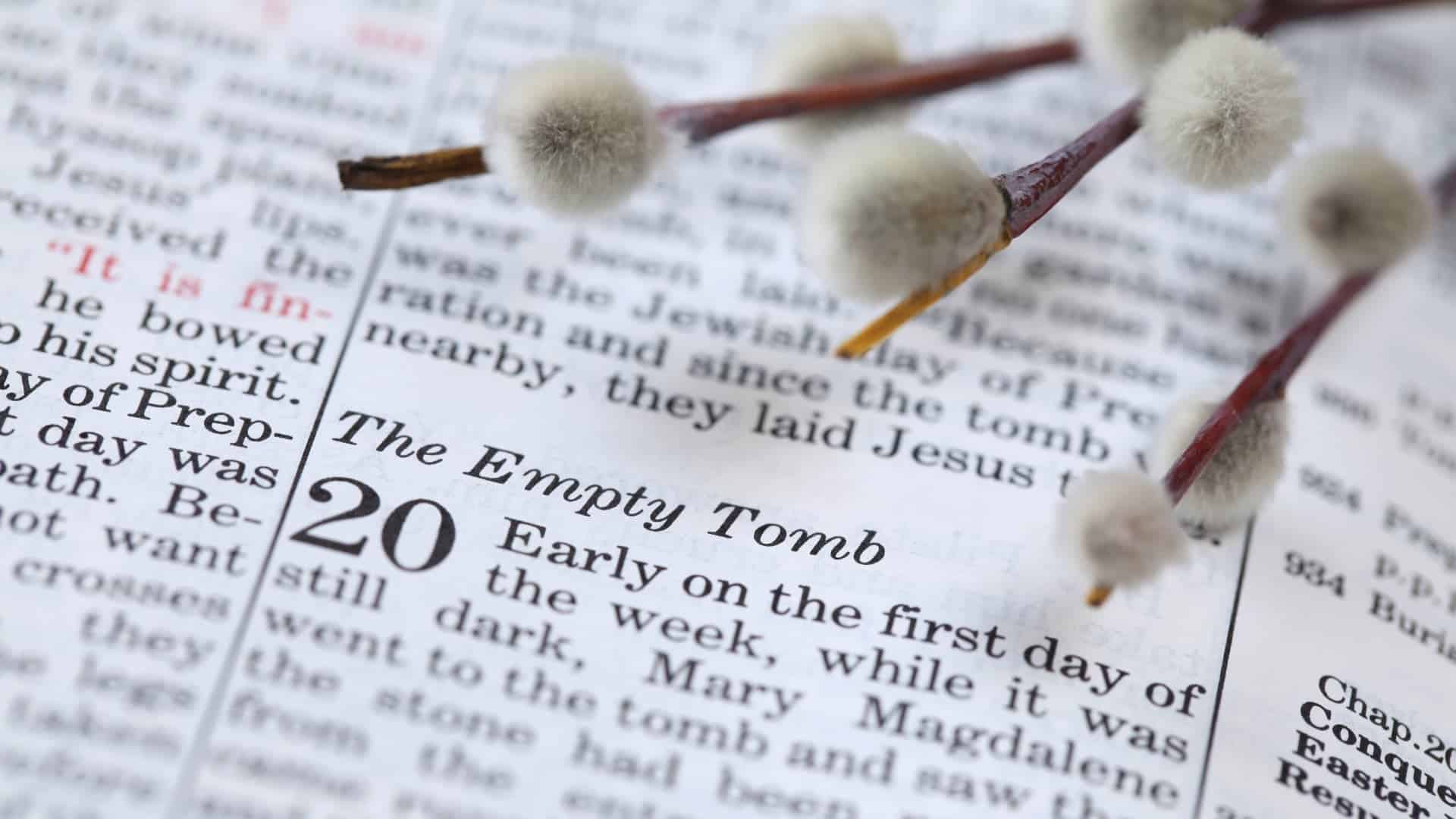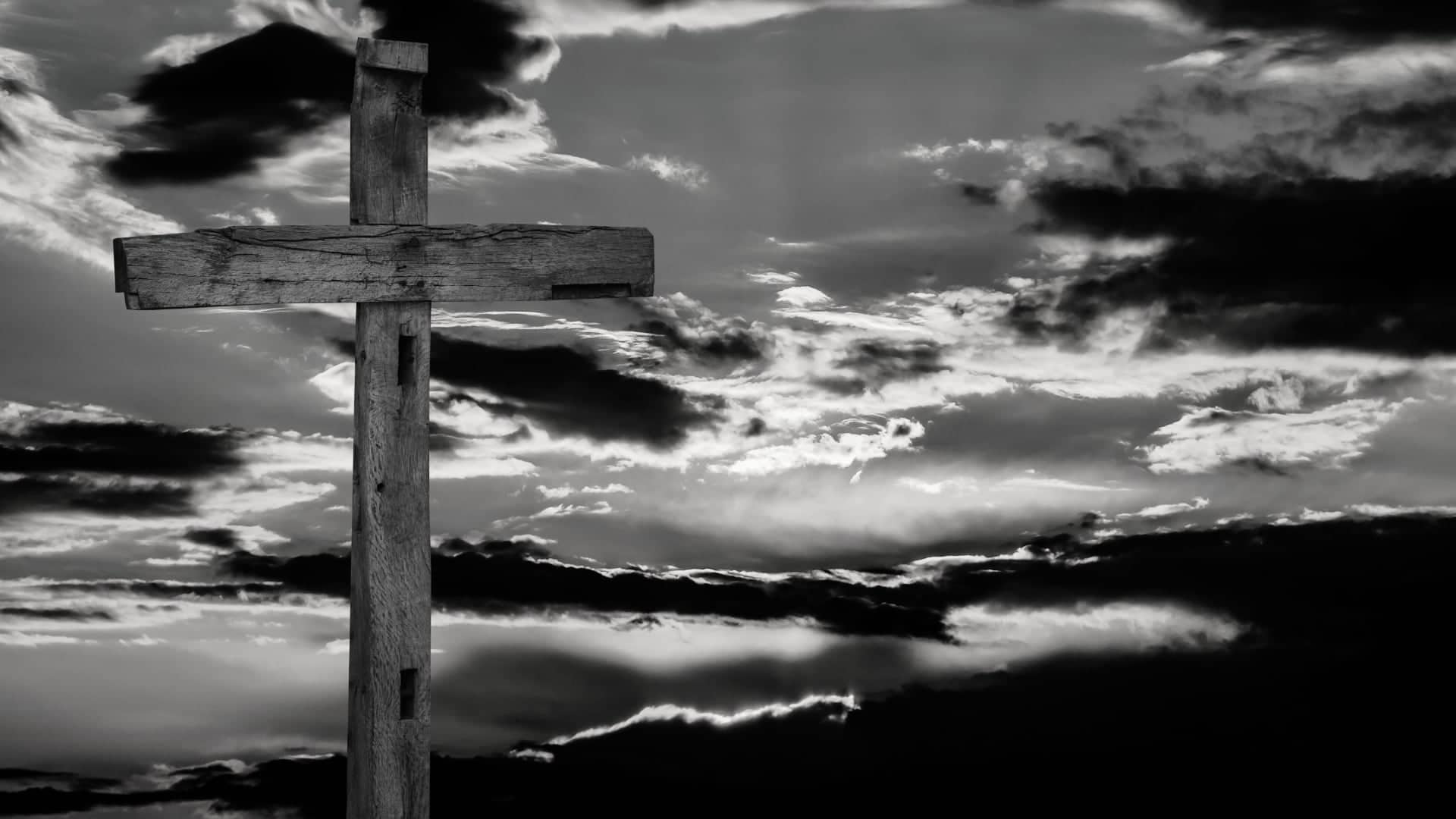Jesus vs. Rules (John 5:1-15)

Big Idea: Don't miss Jesus because of religious rules.
Some of us have been taught about "gentle Jesus, meek and mild." If that's who you think Jesus is, you may be surprised when you read about his life.
Recently, we've been exploring stories about Jesus compiled by his close friend and follower, John. John chose these stories because they had significance, because they made a point. Today, we'll explore a familiar story and discuss its broader significance in relation to John and Jesus.
John is all about challenging the religion of the day. The first part of John's gospel is a direct challenge against some of the main institutions of that religion. Jesus highlighted the emptiness of religion by using symbols, cleansing the Temple, conversing with a rabbi, and interacting with an outcast at a religious site. Today, we're going to look at a story that took place during the second part of John's gospel. John criticizes the significant religious festivals and holidays of his time, which were very important. We're going to discover that it has something to say to us today as well.
If you have a Bible with you, let's look at John 5. This story is the only one that John records from Jesus' second year of ministry, so it's pretty significant. It took place during one of the Jewish holidays. There are all kinds of theories on which one, but the bottom line is that we don't know. Every Jew for at least twenty miles of Jerusalem was required to travel to Jerusalem for the festival. Sometimes they traveled further.
John writes, "Afterward Jesus returned to Jerusalem for one of the Jewish holy days. Inside the city, near the Sheep Gate, was the pool of Bethesda, with five covered porches. Crowds of sick people-blind, lame, or paralyzed-lay on the porches" (John 5:1-3). You can visit the likely site of this event near Saint Anne's Church in Jerusalem today. It's odd that Jesus was here. The Sheep Gate was an area that most people tried to avoid. The pool wouldn't have been a pleasant place either. Folk religion taught that an angel stirred the water, and the first one in would be healed. It's more likely that there was some type of underwater spring or something. It's a sad image to picture – blind, disabled, and paralyzed individuals rushing to dive into the water. Not a great scene to imagine.
"One of the men lying there had been sick for thirty-eight years. When Jesus saw him and knew how long he had been ill, he asked him, 'Would you like to get well?'" (John 5:5-6) This man probably didn't have bowel or bladder control, and nobody was there to help him. After thirty-eight years, he wouldn't have had any strength in his legs, even if he hadn't been paralyzed. He didn't seek Jesus for help. Instead, Jesus asked him if he wanted to get better – a question with a pretty obvious answer.
"I can't, sir," the sick man said, "for I have no one to help me into the pool when the water is stirred up. While I am trying to get there, someone else always gets in ahead of me."
Jesus told him, "Stand up, pick up your sleeping mat, and walk!"
Instantly, the man was healed! He rolled up the mat and began walking! But this miracle happened on the Sabbath day. (John 5:7-9)
Okay, it's the last phrase that gets me. A man has been healed. He regained his ability to stand and his paralysis after thirty-eight years of weak muscles. There really ought to be no "but" in the next sentence. This should have been enough to silence everyone who opposed Jesus. It's amazing that Jesus got in trouble for helping somebody out on the Sabbath day.
The problem is that Jesus had violated the religion of the day. God had commanded, "Remember to observe the Sabbath day by keeping it holy" (Exodus 20:8). By Jesus' time, religious leaders had added thirty-nine rules about what was forbidden on the Sabbath, including carrying items like a mat. Things were so muddled that the religious leaders couldn't keep straight what God had commanded and what they had commanded. This was the first time that the religious leaders showed their cards. You realize for the first time how much they hated Jesus for breaking one of their man-made rules.
So the Jewish leaders objected. They said to the man who was cured, "You can't work on the Sabbath! It's illegal to carry that sleeping mat!"
He replied, "The man who healed me said to me, 'Pick up your sleeping mat and walk.'" [He didn't even know who Jesus was!]
"Who said such a thing as that?" they demanded.
The man didn't know, for Jesus had disappeared into the crowd. But afterward Jesus found him in the Temple and told him, "Now you are well; so stop sinning, or something even worse may happen to you." Then the man went to find the Jewish leaders and told them it was Jesus who had healed him. (John 5:10-15)
We can explore several topics here, like the link between sin and illness, and how Jesus often withdrew from opposition until it was time for him to die. But the main point is a little more glaring. A man who hadn't walked in thirty-eight years was healed. Nobody questioned whether the healing really happened. They didn't think it was a fake healing. They did see it as a problem. They ignored what God was doing because it clashed with their trivial rules, which they wrongly believed were God's laws.
There's a message for us, because I'm not so sure that we're very different. It's human nature to take what God gives us and add our own rules and interpretations, eventually confusing our opinions with God's. Think of some of the issues that are contentious in churches today. They're not really about commands that God has given. More often they're about the way that we're accustomed to doing things. After a while, we forget that it's about our preference. We think that God really likes us to do things in a certain way – the way we've always done them.
Do you know who's most in danger of missing what God is doing because it doesn't fit into our ideas of church? I'll give you two hints. It's not unbelievers, and it's not new Christians. It's those of us who are more mature Christians, or at least we're supposed to be. It's not unbelievers or new believers who wreck churches. It's more often the older believers, those of us who have been doing church for a while. I'm one of you, so I can say that we're the group most in danger of missing what God is doing because it doesn't fit into our ideas of what he should do.
We risk imposing our own rules on others, believing it's what it means to follow Jesus. This is called legalism. Pretty soon, you don't know what's biblical and what's not. It leads to bondage and pride. It leads to missing out on what God is doing. It leads to the preservation of institutions and churches rather than to a living and obvious relationship with Jesus. It leads to missing the point entirely of what Jesus came to do.
One of the greatest difficulties we have is that we confuse God and culture. We incorporate Christ into our culture, which is unavoidable since no one can escape their cultural context. However, this can lead to confusion between God and the culture itself. We think that the elements of our culture – our dress, our music, the way we do things – is part of what God likes. We often doubt that God can work outside our culture and miss what He is doing because it doesn't match our expectations. Not only do we miss out, but we condemn those who do things a different way.
One man (Karl Barth) put it this way. He compared the church to a canal, built through the wilderness. Great sacrifices were made to build it. It cost a lot, and many died in the construction. Still, the canal was built, and it brought new life to the wilderness. Ironically, over time, the canal ran dry. You could look at the canal and see evidence that water once ran there. People still maintained the canal, named their children after its builders and engineers, still told stories about it. But nobody drank from it. And nobody remembered what it was like when water ran through it.
The possibility exists that my life, my church, my tradition, my denomination, even my Bible will become relics of religious curiosity instead of living instruments of God. Men and women will be ordained, earn Ph.D.s, and launch evangelical magazines, publishing houses, colleges, and seminaries with solid evangelical commitments, and it will all be for nothing. Empty canals. There are specialists who can cite Scripture and verse, who can measure orthodoxy with exacting precision, who can identify the religious speck in someone's eye from a great distance, but in whom love for God does not exist. (Gary M. Burge, NIV Life Application Bible: John)
Let me give you four situations I've been thinking about this week, and let me ask you how you'd respond.
When I was a kid, a man in his young twenties returned to church after a period of rebellion. He had been baptized, but had done everything wrong after that. He returned and asked for the forgiveness and support of the church. How would you respond? (He didn't fit in the categories of the more mature Christians, and they asked, "How do we know you won't let us down again?" They missed out on what God was doing in his life.)
This next story happened in Toronto. A man came to a church picnic. He had a package of cigarettes stuffed in the arm of his shirt. After a while, he went to his cooler and said, "Man, I'm hot. Pastor, do you want a beer?" How would you respond? How do you respond to people who are just at the early stage of God working in their lives, but they don't fit into our church culture?
Imagine you're on holidays. You decide you'll go to church. You pull up in the parking lot but hear this dreadful music coming through the windows. Some of you just imagined electric guitars and drums; some of you just pictured a church organ. Whatever. Make it the music you don't like. You really don't want to attend if they're going to be playing that music. Do you drive away, and miss out what God may be doing in that church, because it doesn't fit in your picture of what church should be?
You look behind you one day in church. You see a young woman, dressed in Muslim dress. She looks down. She's in church for a reason, but you really don't know how to welcome her. What do you do? How do you respond?
When God does a miracle right in front of me, I don't want a "but" to follow. I don't want to miss out on what God is doing, right in front of my face, because of some self-made restriction I've put on God. I don't want to miss what God is doing because I've blinded myself with my own rules.
Prayer:
- That God would give us discernment on where we've erected barriers and rules.
- That God would open our eyes to what he's doing, even if it doesn't fit our preconceived notions.
- That we (individually and as a church) wouldn't be like dry canals – that we would be coursing with life from the Spirit.





